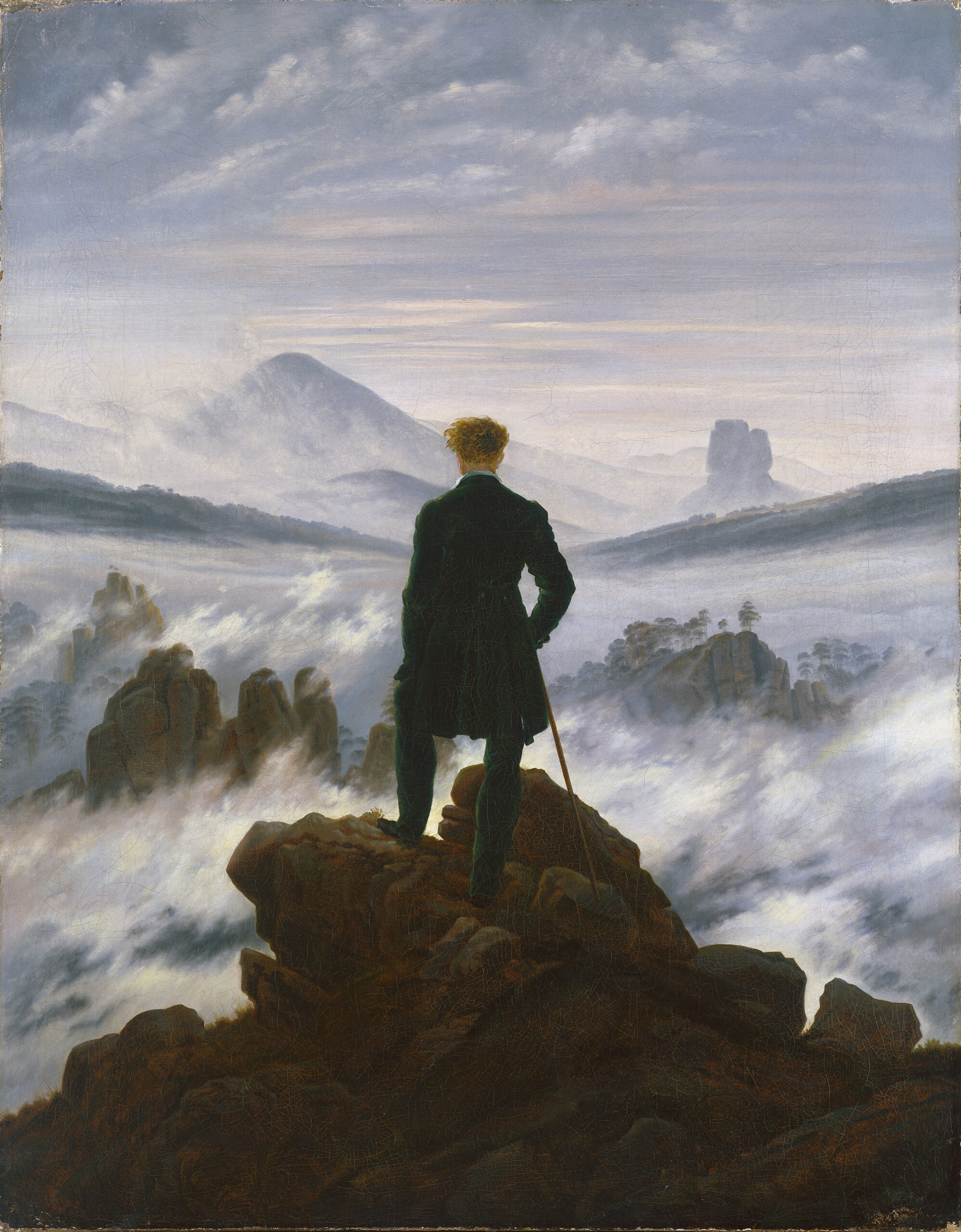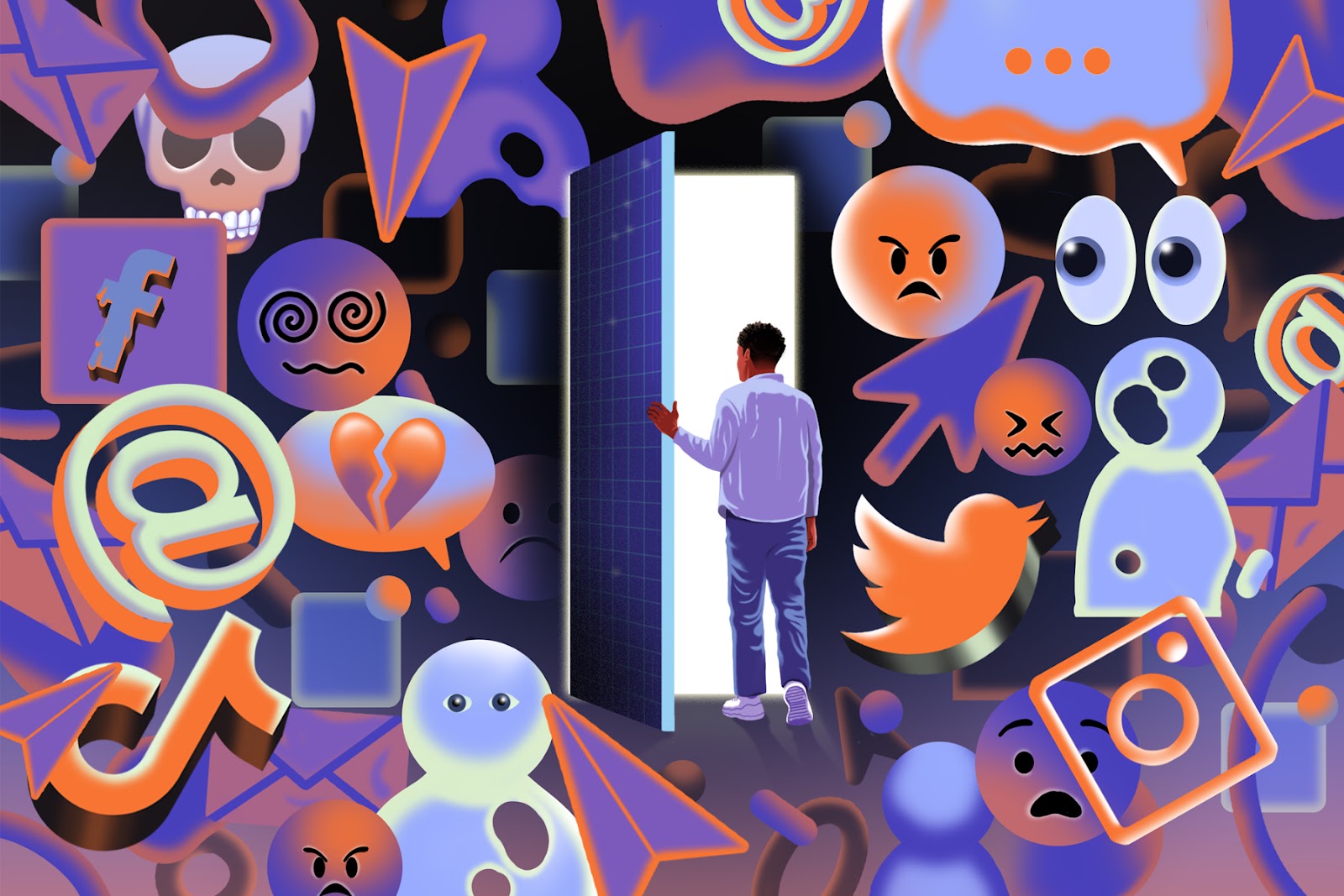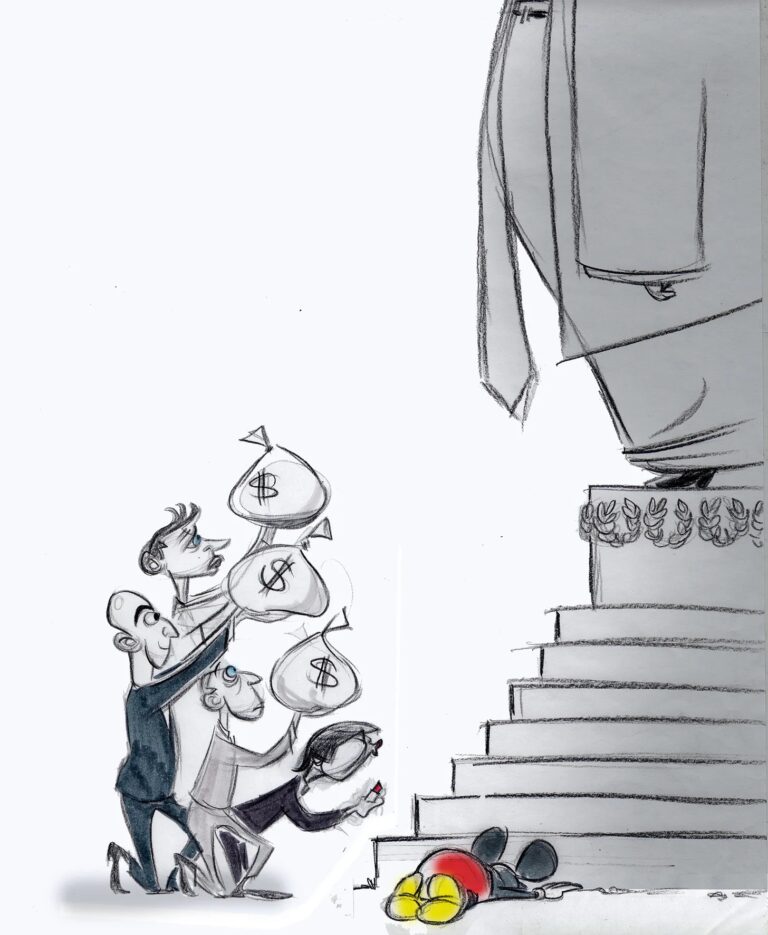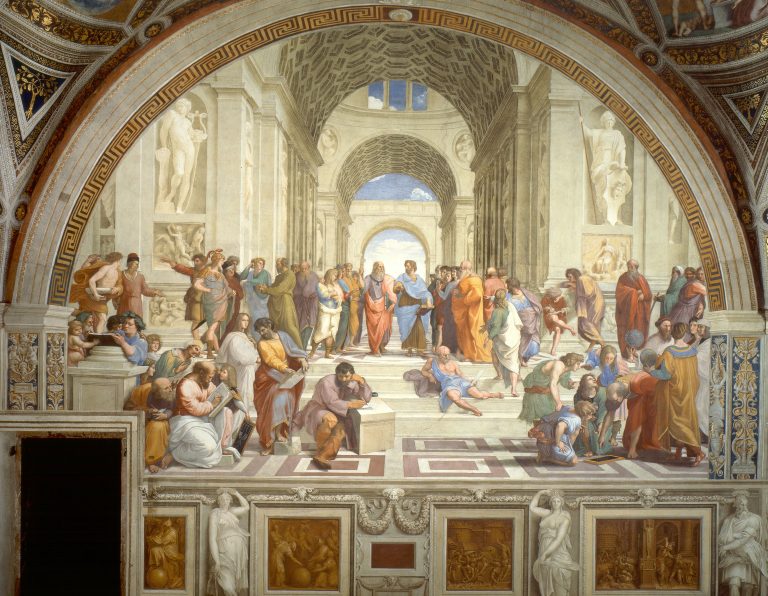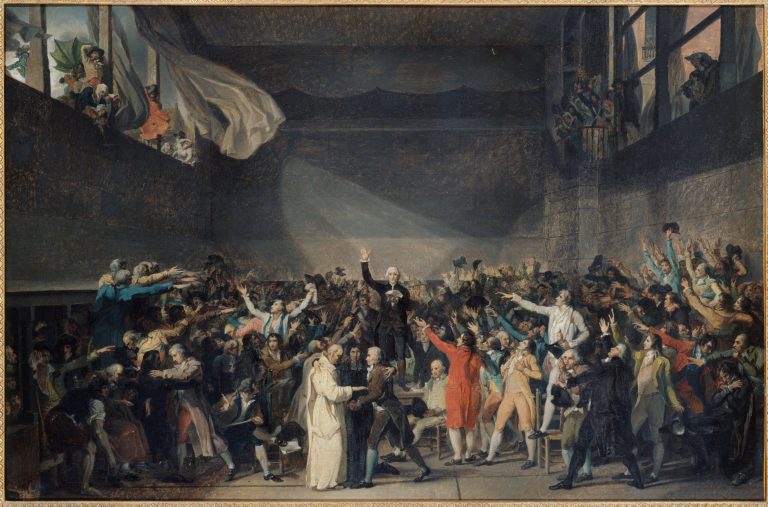On the cusp of this time, whilst transcribing the 61st treatise for this site, a commonly reverberated metaphor is clouding my thought process: “time flies”. Bluntly speaking, much has transpired over the elongated period of time. During the inception of the site, I had reckoned that I would be fixated on the topical points pertaining to political discourse, mainly geopolitics—as it is explicitly insinuated in the name (The Global World With Sahil). However, I ventured into unexpected arenas: for instance, book reviews, a writing on a Hindu hymn, and, not to say the least, a rudimentary prose on empathy.
Nevertheless, through my journey, I have ultimately caved into a profoundly pertinent dictum: it is the process that instills the ideals that have contributed to the furthering of civilization, whilst simultaneously, an individual’s reality is constructed on the basis of differing occurrences: either it may be a meager precarious experience or, overarchingly, school, family, and friends.
Thereby, I, as an individual who loathes the idea of gauging the past at a personal level, suffice to say, at this juncture, it would be an unscrupulous gesture at my behest to conform to the same bearing. Therefore, I concur with the notion that being reflective is vital for progressive growth. Notably, I suppose this writing will not inculcate a high degree of political gobbledygook; a minuscule amount is permissible.
Not to exaggerate, my early formative years can be encapsulated as both ecstatic and strenuous, and due to many instances—an anomaly. Albeit, I lost a parent at an early age—6 years old, not to say the least; it did not in any sense whatsoever either erode the drive nor the resolve to endure and imagine the greatness a new day can avail; in fact, such a positive environment can be accredited to mostly, if not entirely, to my mother.
That said, such a seismic contrast from a traditional concept of a family, in turn, transformed my reality. Ever since my formative years, masculinity as a trait was an afterthought, which I came across only whilst being exposed to such an attribute in the latter part of my life, of course, vis-à-vis social media.
Likewise, such that the phenomenon of othering the society on the basis of gender—which pervades amongst adolescents, in part—is amplified by malignantly morphed cacophony on social platforms, rightly, it never had a tangible resonance on me; accordingly, whenever such a resentment of the other sex transpires, I detest it vehemently; rather than reasoning in a solicitous manner, why do we devolve into contemplating the society into binaries of us versus them? Instead, why can it not be: We the people?
Besides, in the recent past, there has been plenty of deliberation pertaining to a program, plainly speaking, whose name is loosely curated: DEI, or in other words, diversity, equity, and inclusion. Yes, there may be to an extent some merit to lambasting some particular action taken by someone—cherry-picking obscures the facts; thereafter, maligning the truth; and ultimately erodes trust; merely castigating someone on the basis of their preordained aspect, be it creed, color, or religion, ossifies me. The proponents of the contrary ideals propagate upward individual mobility via only the idea of tenants of merit; though, time and again, they disregard the historical prejudice that inextricably plays a part in the making of the inequalities of today.
Hong Kong—the city where I reside—is an international financial city; yet, it is empirically evident that by no stretch of the imagination is it diverse; the matter of fact is that it is homogenous. I believe, not only in terms of racial, cultural, or religious groups, but also in the homogeneity of thought. Missing here, in a cosmopolitan city, is the idea of community; for this instance, one should forget the differing ideologies one may subscribe to. Instead, many cities in this day and age have, in the name of individual liberty, sadly, defenestrated the idea of solidarity: the existence of the other is only through the lens of an algorithmic feed—this phenomenon is ubiquitous; no place in this day and age is immune from it: from China and India to the United States, eventually, the body politic is siloed, as I had inferred in the beginning. We the people are bereft of a shared reality due to the atomization of the mind, instilling a sense of individuality. Believe it or not, much of the discontent with the elite, democracy, and institutions stems from not having the ability to discern the actuality.
Why am I insinuating such a notion?
On the cusp of this time, there is much doomsday discussion of artificial intelligence, or to be more exact, artificial general intelligence, which has cognitive abilities taking over society. Alas, such under no circumstances should be the case that before AGI garners such GOD MODE aptitude, the mental faculties of human beings transgress into kowtowing into abject and perpetual folly—withering away with the qualities of reasoning in a pragmatic manner; crucial is to reason beyond the material world, transcending and questioning whatever that comes across, never to be blinded by the dividers and the spin masters.
Such forces masquerade in a myriad of forms, hitherto after each and every epoch, progress endured, even whilst being berated by many—change is a continuum, a given for the sustenance of civilization, yet the ethos of not being confined by thought is pivotal—question everything, even if you are a zealous believer of an idea, value, norm, or ideology, because the journey of positing questions is equally important as knowing the ultimate truth.
To sum up: the greatest threat to humans is not artificial intelligence itself, but the potential loss of the anomaly permeated in us—to think, without hesitance, but with courage and vigor.
At its core, one will enlighten the self: that there is much more in common among us than we seem to believe. Still, the difference blinds the eye to actualizing a community that is truly inclusive—not just for a few, but for all.
After all, I will get back to thinking about what the subsequent blog should be about. Till then, I will continue to exude the confidence that we the people will cherish the ability to see the magnificence of the light of another day as someday it will be yours. Others may not, still, do not let it overshadow the beauty of this eclectic world.
“First they came for the socialists, and I did not speak out—because I was not a socialist. Then they came for the trade unionists, and I did not speak out—because I was not a trade unionist. Then they came for the Jews, and I did not speak out—because I was not a Jew. Then they came for me—and there was no one left to speak for me.” Martin Niemöller
